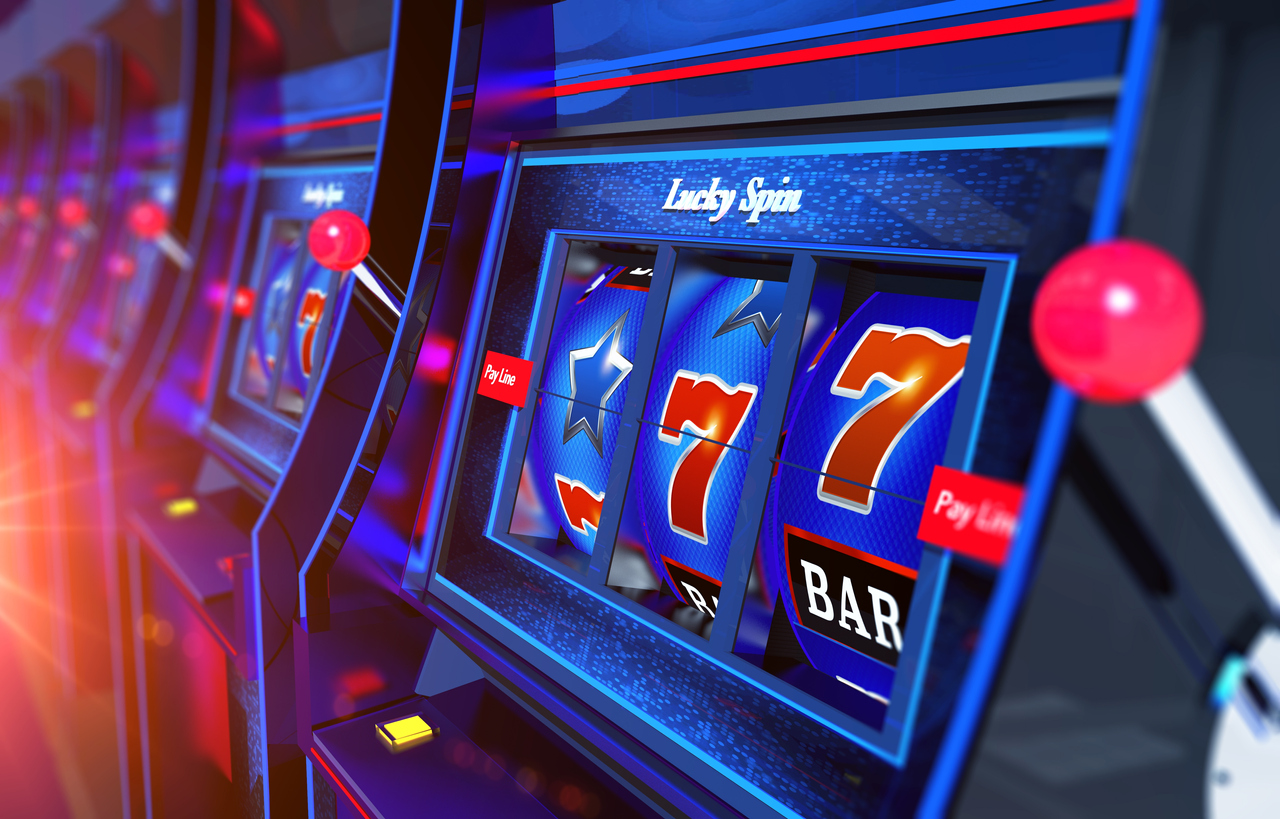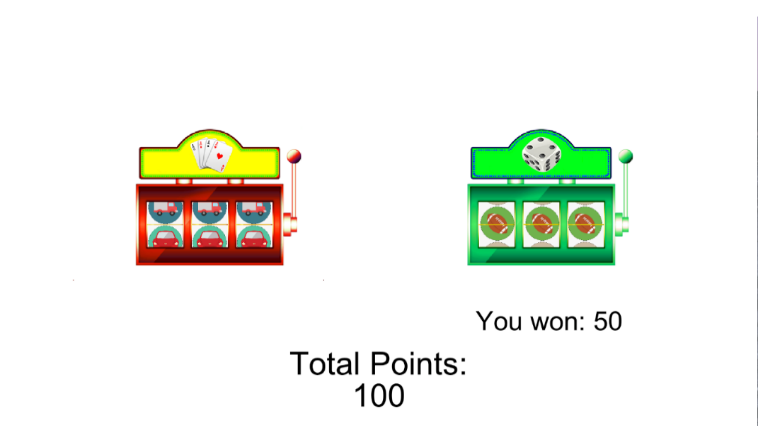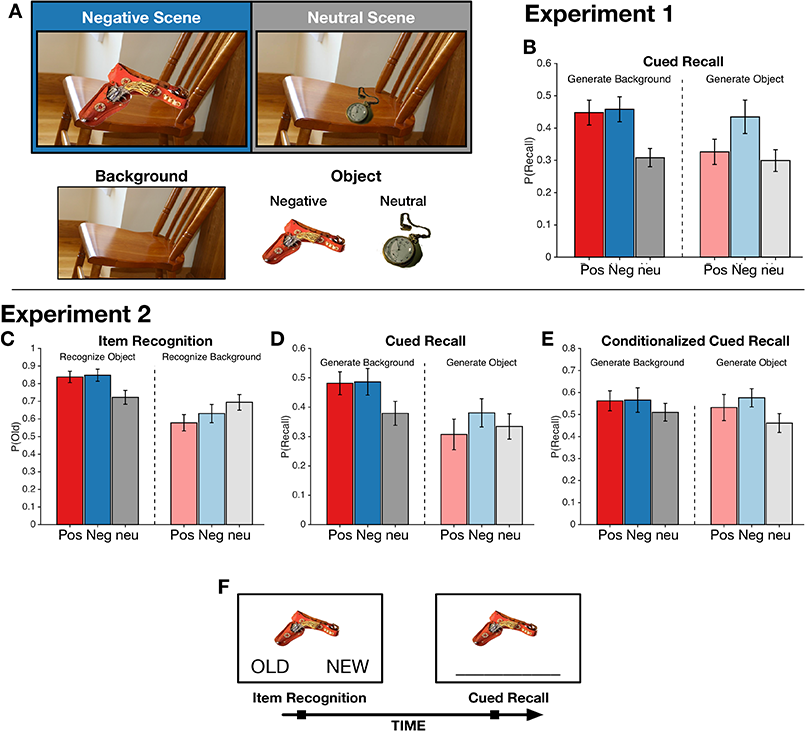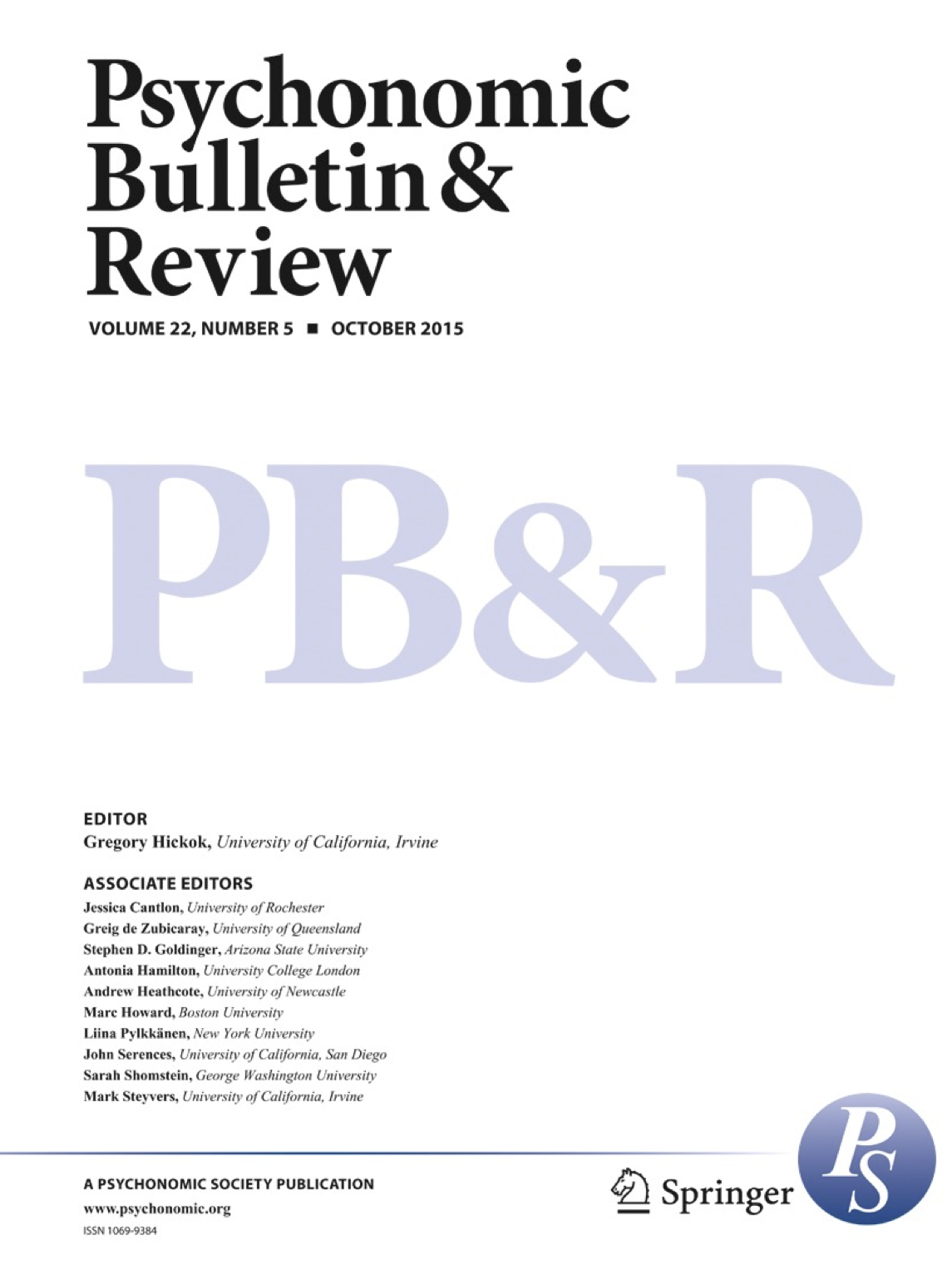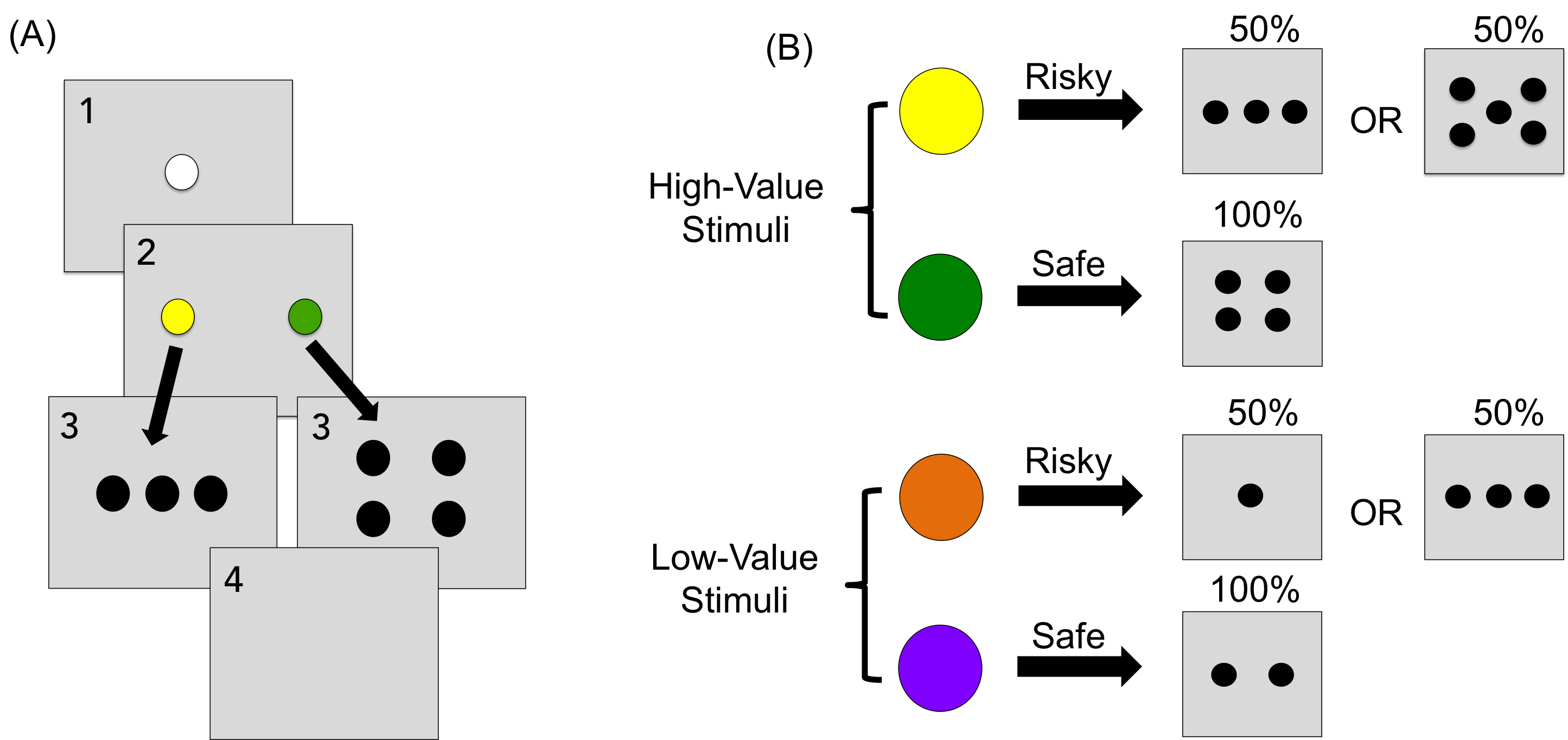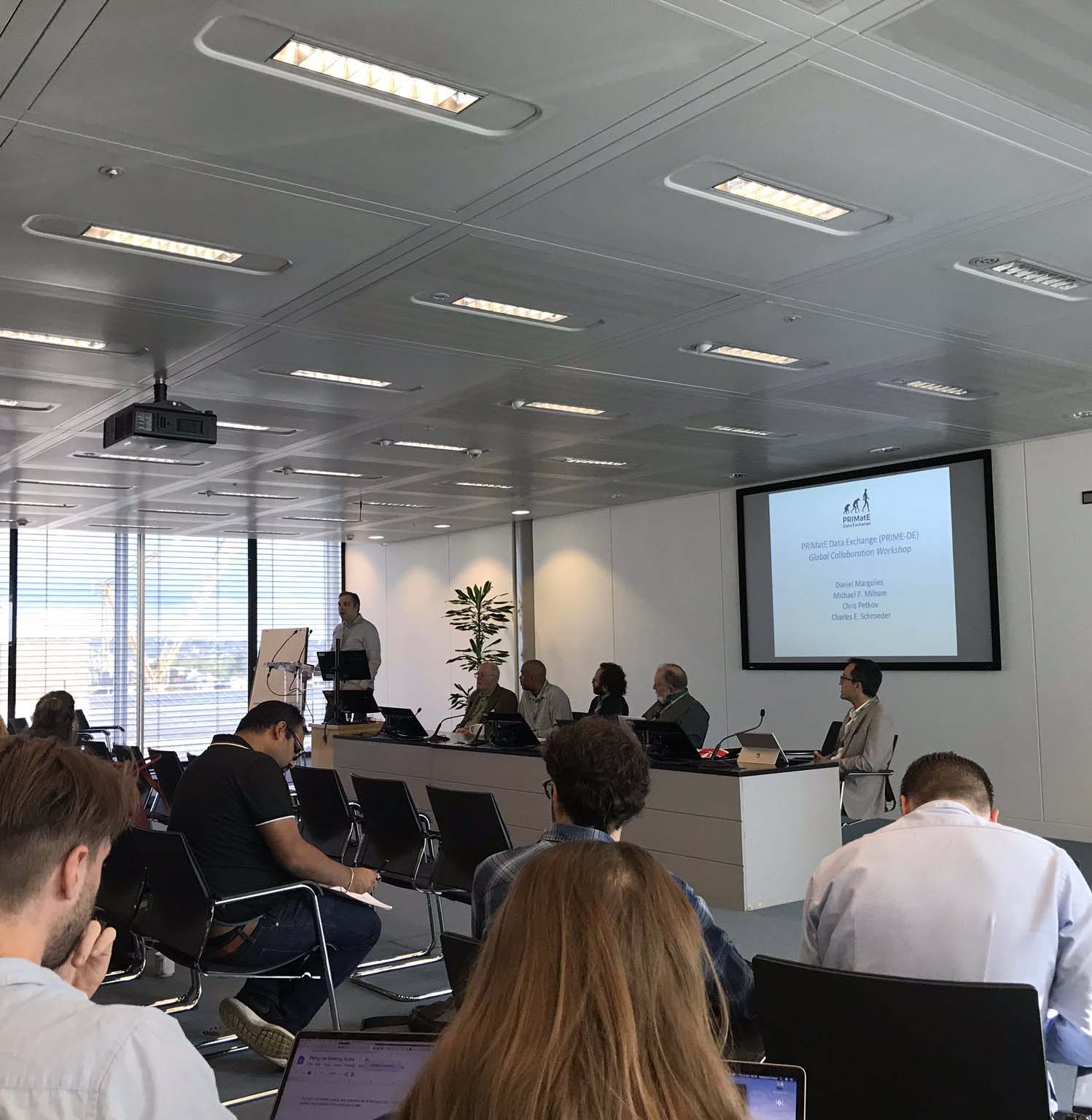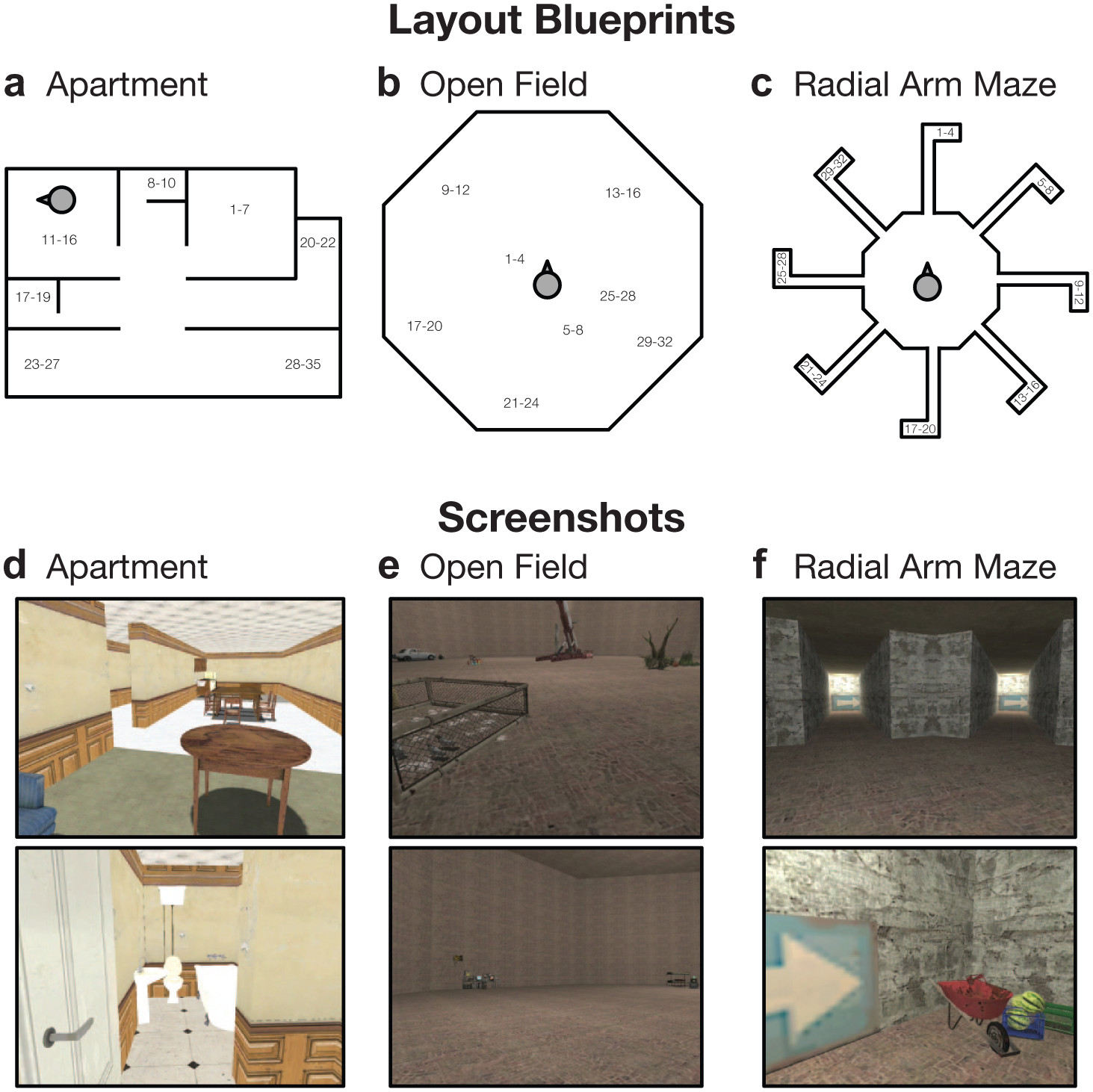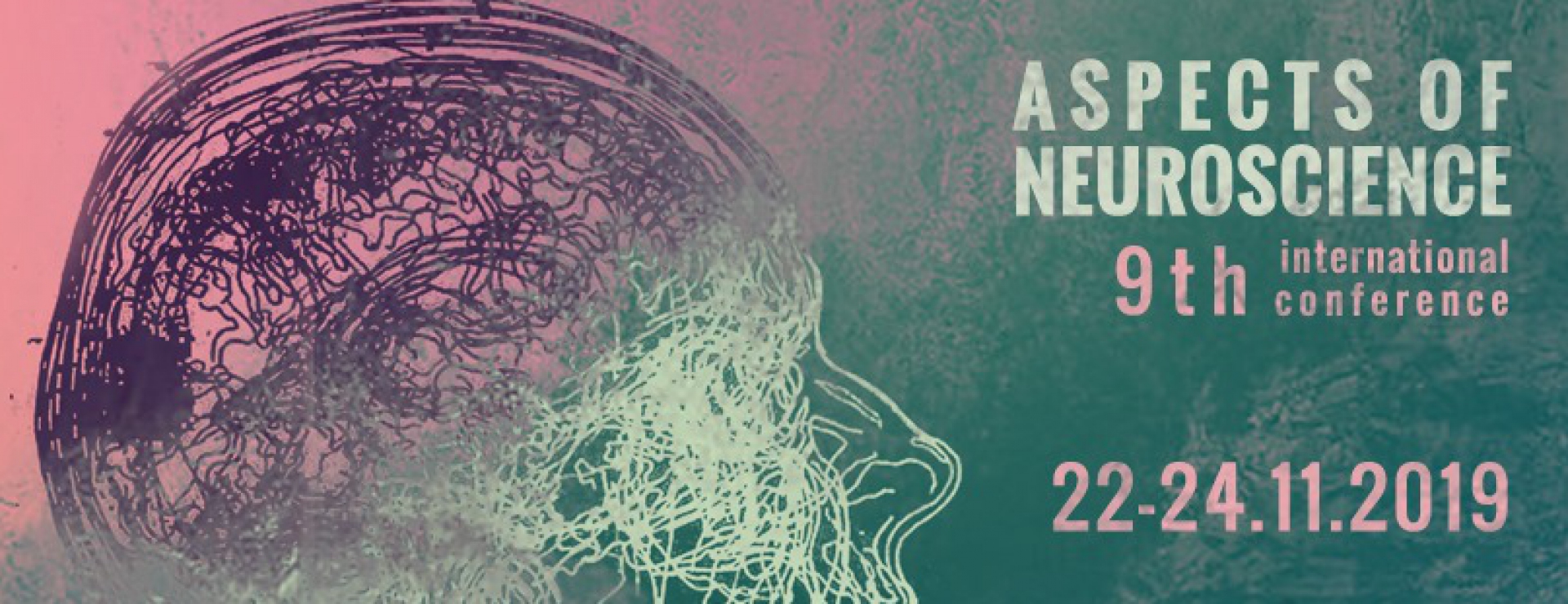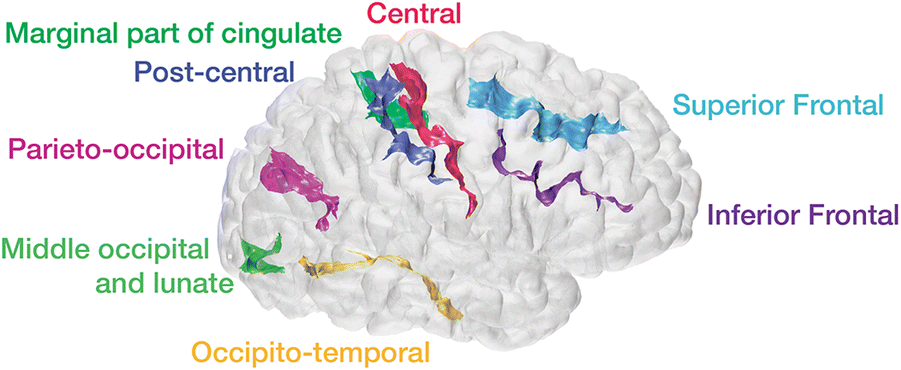Lab Updates
The sights and sounds of winning make slot machines irresistible
New research has shown that the sights and sounds of winning on a slot machine may increase your desire to play.
The study, published in Addiction was carried out by scientists from the University of Nottingham and University of Alberta and shows that that people prefer to play on virtual slot machines that provide casino-related cues, such as the sound of coins dropping or symbols of dollar signs.
Effects of Winning Cues and Relative Payout on Choice between Simulated Slot Machines
“In a gambling simulation, student participants chose more risky slot machines when payouts were relatively higher and when casino-related cues were associated with payouts. Pairing a neutral sound with the best payout did not consistently affect slot machine choice, and the effect of casino cues did not depend on their timing. Casino-related cues enhanced payout memory.”
Affect enhances object-background associations: Evidence from behavior and mathematical modeling
“There was no evidence of emotion-based impairment in cued recall in either of two experiments, including one in which we replicated the emotion-induced memory trade-off in recognition. Mathematical model fits indicated that the emotionality of the encoded scene was the primary driver of improved cued-recall performance.”
Dr. Madan on PB&R Editorial Board
Dr. Madan is proud to be part of the new Psychonomic Bulletin & Review editorial board.
The power of nothing: Risk preference in pigeons, but not people, is driven primarily by avoidance of zero outcomes
New paper looking at risky choice in pigeons, published in Journal of Experimental Psychology: Animal Learning and Cognition.
“Both species showed risky choices consistent with an overweighting of extreme outcomes when the low-value risky option could yield an outcome of 0. When all outcome values were increased such that none of the options could lead to 0, people but not pigeons still overweighted the extremes. Unlike people, pigeons no longer avoided a low-value risky option when it yielded a nonzero food outcome.”
Christopher Donoff defends MSc
Christopher Donoff successfully defended his MSc on “Measuring mental imagery” (University of Alberta; co-supervised with Anthony Singhal). He has already begun a MSc Data Science degree at the University of British Columbia. We wish him all the best!
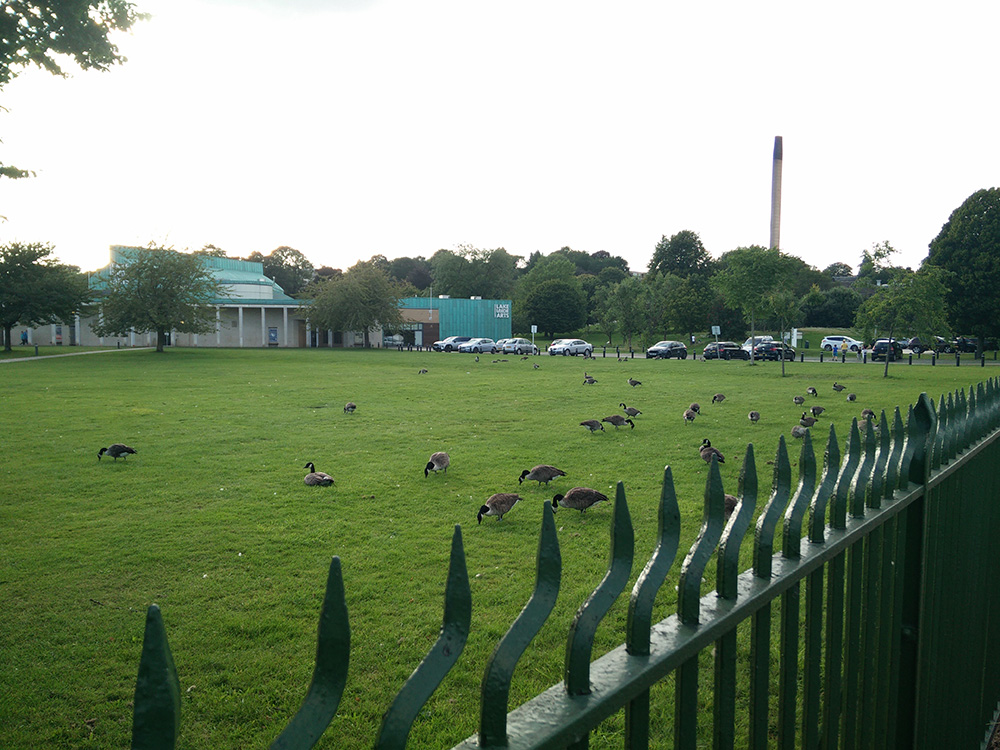
New academic year
The new academic year is upon us–and it’s still such a lovely campus!
PRIMatE Data Exchange (PRIME-DE) Global Collaboration Workshop
Dr. Madan contributed to the PRIME-DE workshop, and accompanying BrainHack event. Exciting advances and discussions of non-human primate imaging methods.
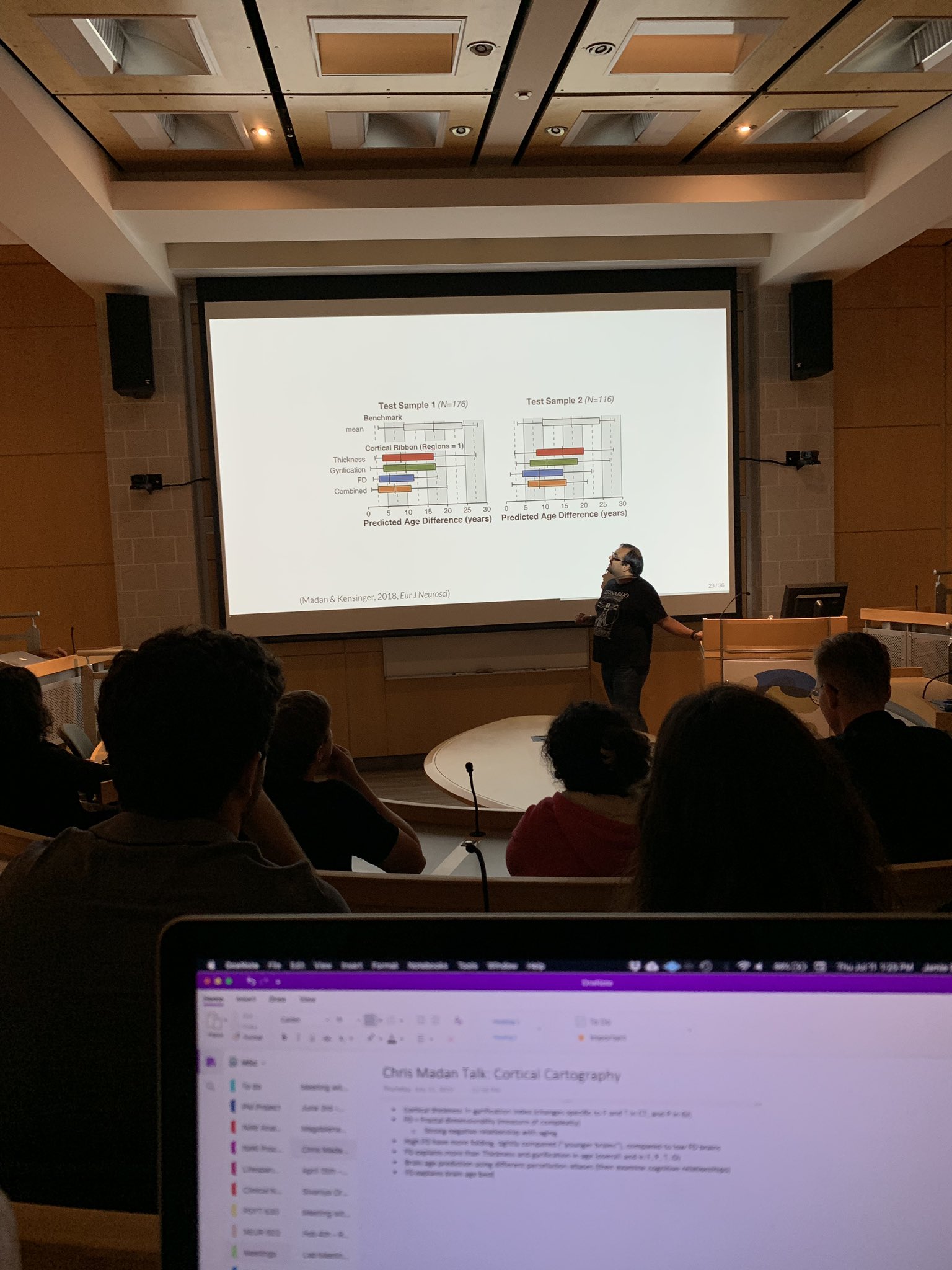
Cortical Cartography talk at MNI
Dr. Madan gave a well-attended invited seminar at the Montreal Neurological Institute on novel brain morphology measures for quantifying aging and other inter-individual differences.
Effectiveness of the method of loci is only minimally related to factors that should influence imagined navigation
“As described and instructed, this strategy apparently relies on a spatial/navigational metaphor. However, whether the method relies critically on this spatial/navigation metaphor is unknown. An alternative hypothesis is that the navigation component is superfluous to memory success, and the method of loci is better viewed as a special case of a larger class of imagery-based peg strategies.”
Keynote speaker at Aspects of Neuroscience 2019
Dr. Madan will be the keynote speaker for the cognitive session at Aspects of Neuroscience 2019 in Warsaw, Poland. His talk will be entitled: “The role of the hippocampus in memory for associations”.
Robust estimation of sulcal morphology
“Here we developed a computational approach for estimating sulcal width and depth that relies on cortical surface reconstructions output by FreeSurfer. While other approaches for estimating sulcal morphology exist, studies often require the use of multiple brain morphology programs that have been shown to differ in their approaches to localize sulcal landmarks, yielding morphological estimates based on inconsistent boundaries.”
